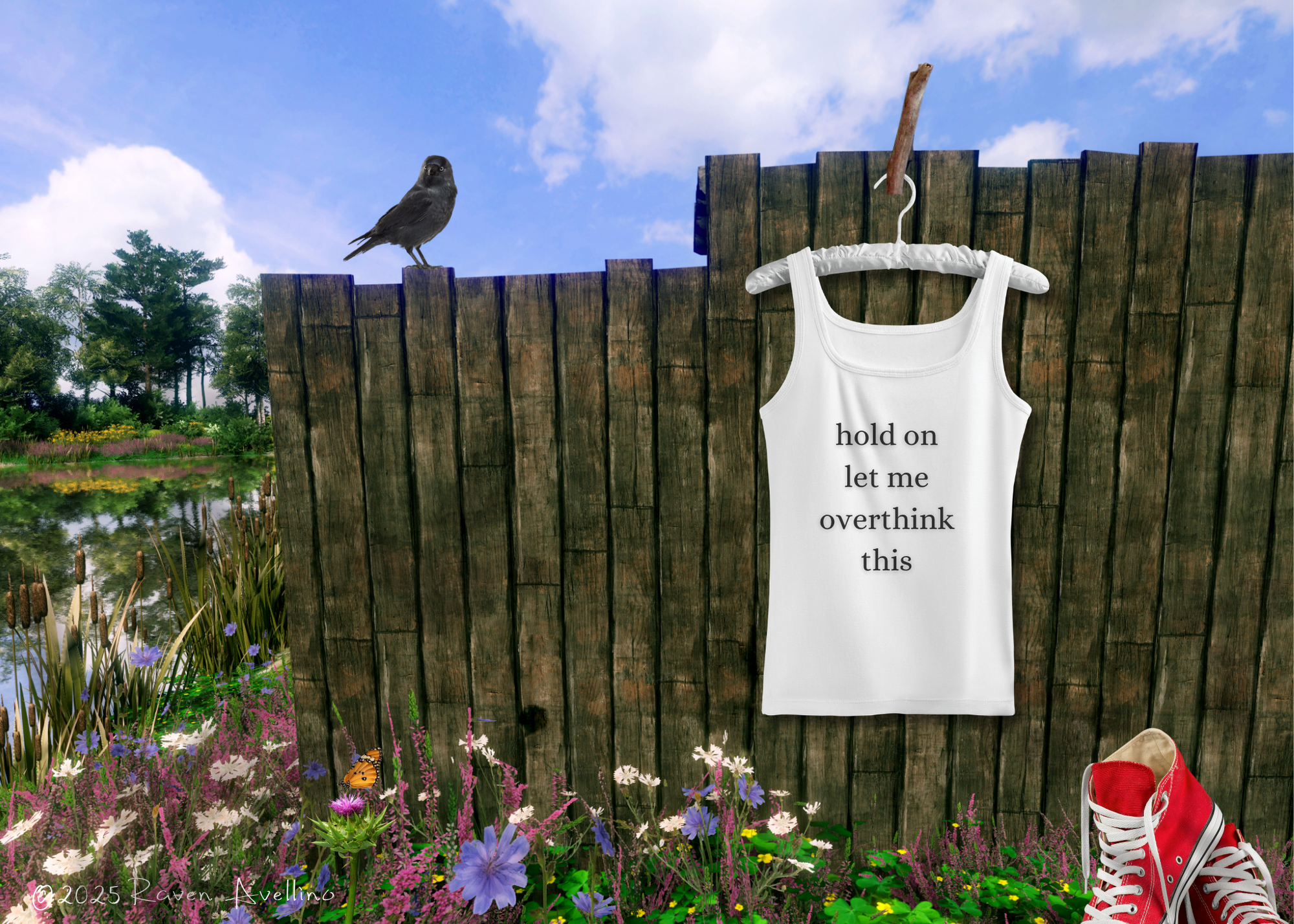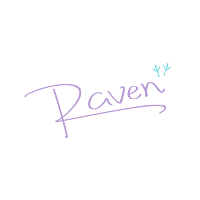Taking Advice That Fits Your Life, Not Theirs
The right advice can change your life, but only if it fits the life you’re actually living. Here's what happened when I stopped trying to follow productivity hacks and started trusting the way I'm wired.

When “Helpful” Advice Becomes a Trap
I bought a tank top that says, “Hold on. Let me overthink this.”
At the time, it felt like a joke at my own expense—one of those mildly self-roasting lines that made me laugh because it was true. I did overthink everything. Still do. But what I’ve come to understand since is that overthinking isn’t always a flaw. Sometimes, it’s a method, and sometimes, it’s the process itself.
It took me a while to stop treating it like something I needed to fix. That’s the thing about advice: so much of it sounds like it should help. For many people, it does. There’s a sea of it out there—much of it well-meaning, some of it genuinely useful—but if you try to build your life by following it all, you might end up sinking under the weight of strategies that were never meant for you in the first place.
Why Writing Advice Doesn’t Work for Everyone
Let’s take writing advice. I’ve heard every version of just do it:
- Write 1,000 words every day.
- Write something even if it’s bad.
- Turn off your inner editor and just get the words down.
- Write to market. Publish fast. Stick to the genre.
All solid strategies. For someone. Someone not me.
For a long time, I thought the problem was me. I must be lazy. I must lack discipline. Everyone else seemed to be thriving from the hustle mindset, while I was staring at a blinking cursor, internally editing every word before it ever made it onto the page.
Then I discovered author Chris Fox and his process—writing 10,000 words a day, rapid releasing books, outlining everything in advance, and staying as focused as a machine. His YouTube videos are full of tips on productivity, efficiency, and success. He seems like a great guy. Smart. Motivated. Organized.
I watched those videos and thought, Oh, if only. If only I could work like that. If only I could replicate that system. If only I had a personality that came with a built-in sprint button.
But here’s the thing, I don’t. My mind doesn’t move that way. And I no longer try to force it to.
What Clifton Strengths Taught Me About Myself
When I took the Clifton Strengths assessment, I felt like someone had handed me a decoder ring to my own brain. My top five strengths (Learner, Intellection, Harmony, Restorative, and Input) didn’t just describe me. They explained me.
Now I understand why I need time to process deeply before moving forward. Why I prefer to fix a broken paragraph rather than recreate a brand new one. Why I enjoy digging through the Chicago Manual of Style for tedious punctuation rules more than I do cranking out fresh words. I also now understand why editing as I go isn’t sabotage—it’s satisfaction.
The Problem With Productivity Hacks That Don’t Fit
I love making lists, especially handwritten ones. And I need them, because without them, I’d forget everything. But to-do lists don’t give me the sense of completion they’re supposed to, because unfortunately, my lists grow faster than I can check things off. There’s no dopamine rush, just a perpetual gnawing frustration born out of every task I didn’t do. Instead of feeling accomplished, I feel like I’m constantly behind, and failing to keep up with a race I never agreed to enter.
Advice like set SMART goals or block your time into 25-minute sprints always sounds promising at first. I get a little hopeful. I set it up. I follow the rules. But within days, I’m mentally wrung out and emotionally demoralized. When the system doesn’t work, I don’t blame the advice, I blame myself. I think I just didn’t try hard enough, or that I’m lazy, or incapable of time management for adults.
When Advice Turns Into Shame
Shame is sneaky. It doesn’t shout. It whispers. Softly and seductively.
Psst! You’re not focused enough . . .you’re not productive enough . . . you’re just simply not enough. Period.
Advice is rarely presented as neutral, so when it fails, it can do damage—especially when the person following it is already tired, already overwhelmed, and already wondering if they’re the problem in the first place.
Eventually, I learned to ask myself an anchoring question: Does this advice honor how I naturally work, or does it shame it?
Clifton Strengths gave me language for my rhythms. It didn’t tell me I was doing everything wrong. It told me I had different tools. Strengths. That I wasn’t a defective version of someone else’s success story—I was simply trying to play someone else’s game with the wrong instruction manual.
It’s Not Just About Writing
I’ve seen the same patterns with exercise, eating habits, sleep routines, and even how I clean my house. There’s always some viral post explaining how to Optimize Your Life, but it rarely accounts for things like hormonal fatigue, sensory overwhelm, executive dysfunction, or the glorious chaos of a non-linear brain.
I've lost time trying to live by other people’s methods. And worse, I've lost confidence. Confidence is just as difficult to recover as time.
My Filter for New Advice
So now, before I take someone’s advice—especially advice packaged as simple, actionable, and guaranteed to work—I pause. I assess. I ask:
- Does this make me feel hopeful or pressured?
- If I “fail,” will I know why?
That last question matters. Because sometimes, I do just mess up. I procrastinate. I get distracted. I fall into perfectionism or mood slumps or spend forty-five minutes reorganizing my folders instead of writing anything. That’s part of the reality too. But when I recognize that those moments are off-days, and not proof I’m incapable, I bounce back faster.
Self-awareness helps separate what didn’t work because I didn’t follow through, from what didn’t work because it wasn’t designed for me. That distinction matters. It’s the difference between growth and shame.
Learning to Build a Life That Actually Fits
Trying new things is still worthwhile. Some advice will be designed for me. But I’ve learned to experiment with guardrails. I no longer bulldoze over my own instincts in pursuit of a method that works for someone else. I trust my preferences now. I allow for mess. I allow for rhythm.
I build slower, but I build better.
So, if you’re someone who’s felt defeated by advice that was supposed to change your life, maybe the problem isn’t you. Maybe the advice was built for a life that doesn’t look like yours. Yes, some routines don't work and might need changing, but not at the cost of eviscerating the way you’re built. Maybe what you need isn’t a complete overhaul. Maybe it’s permission to stop apologizing for what already works, and to build new systems that actually fit.
The Tank Top Still Fits, But Now It Means Something Different
I still wear the overthinking tank. But these days, I wear it with less irony.
Overthinking isn’t my enemy. It’s how I untangle the knots before I can move forward. The more I honor how I’m wired, the more things start to fit—my process, my goals, and even the way I rest.


